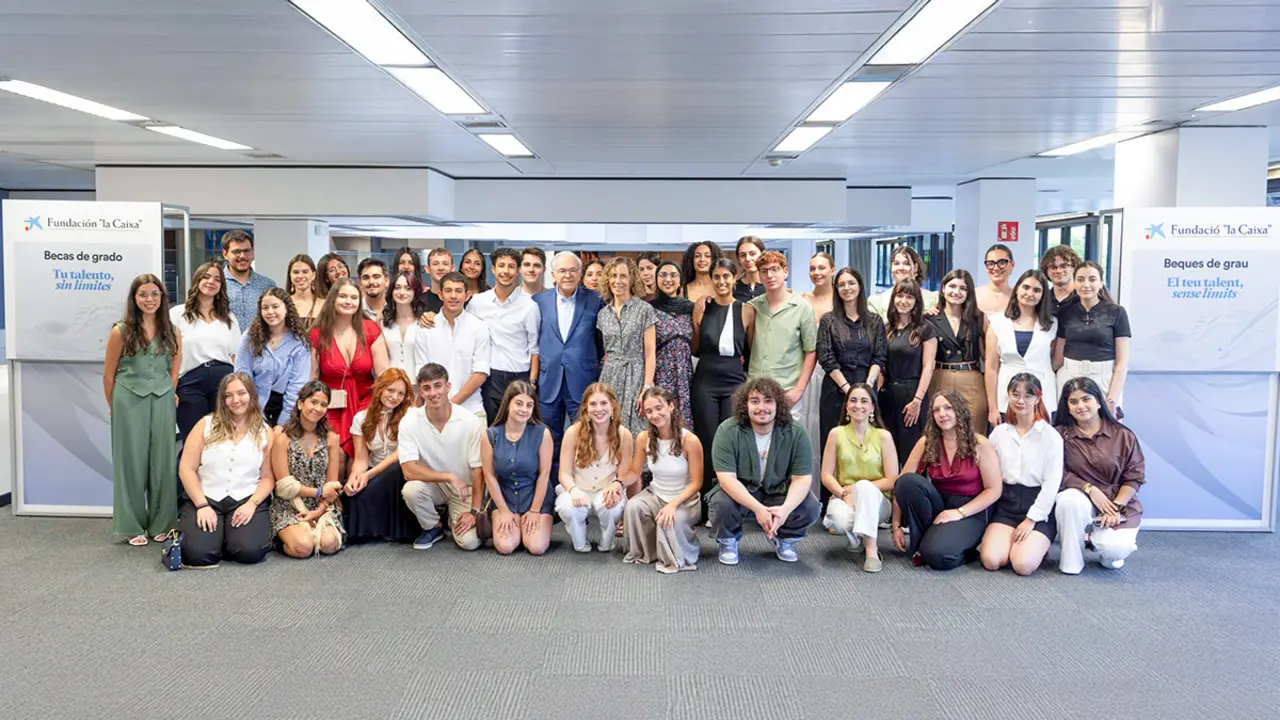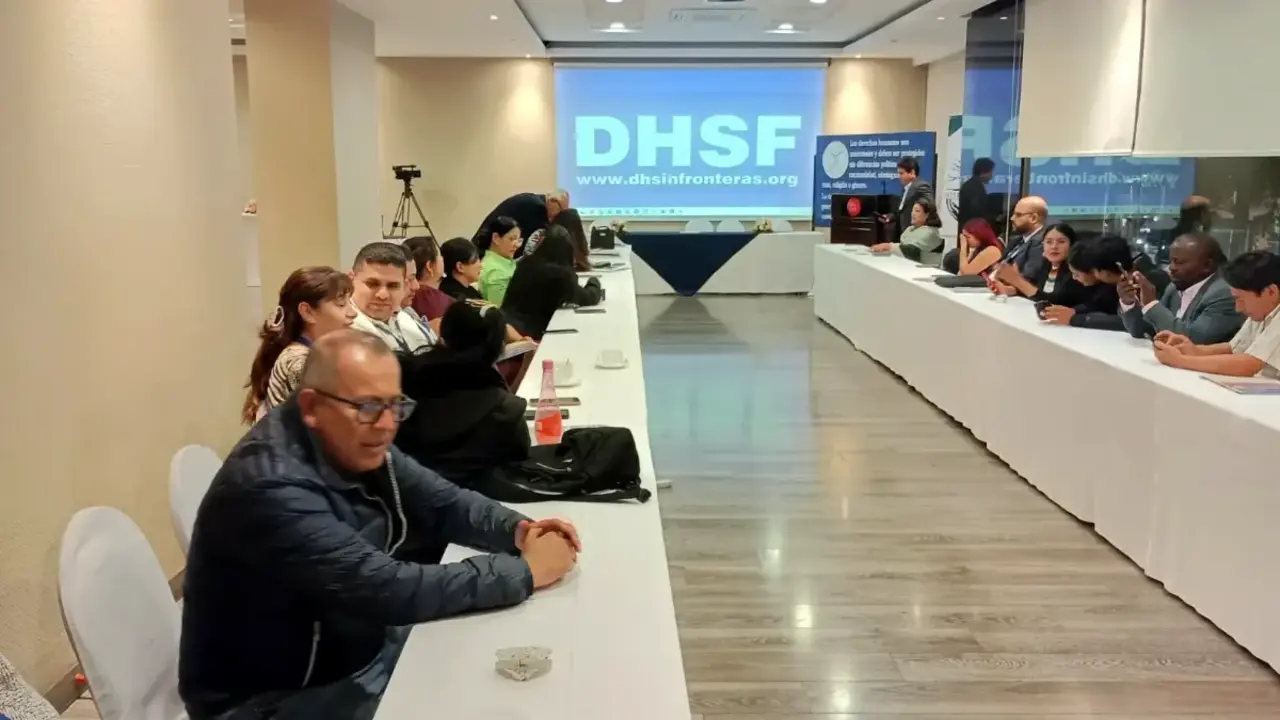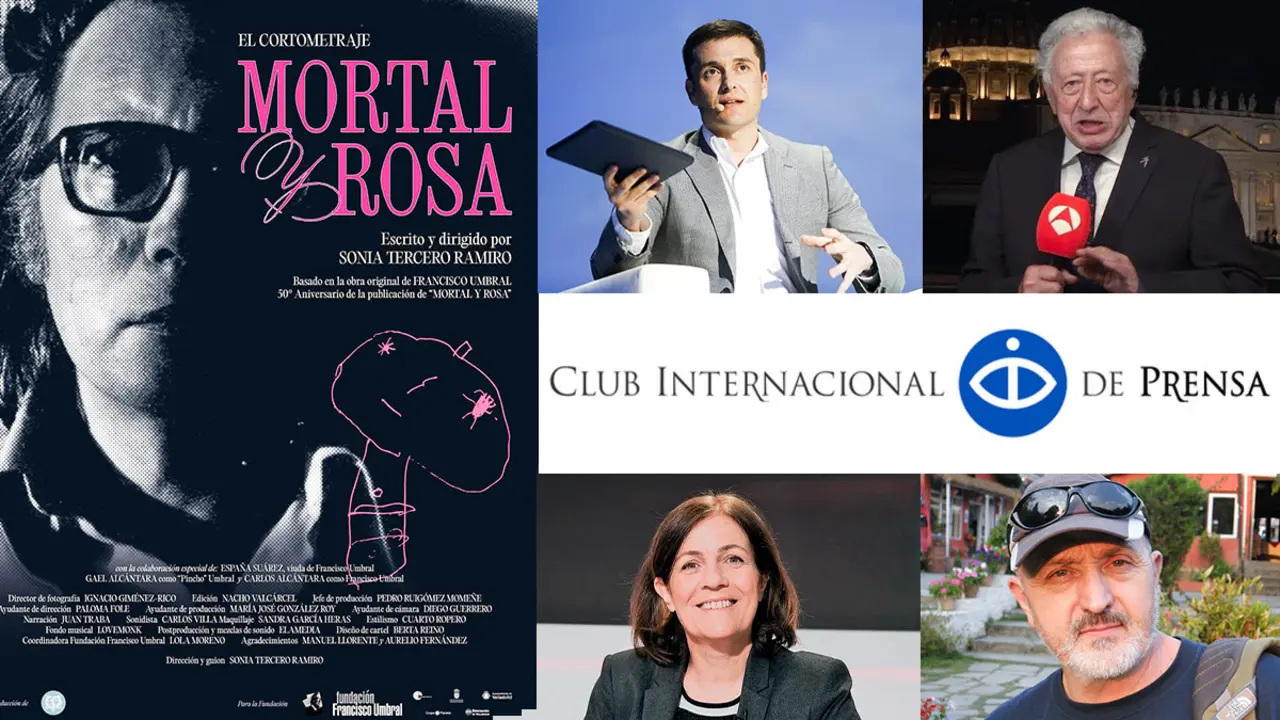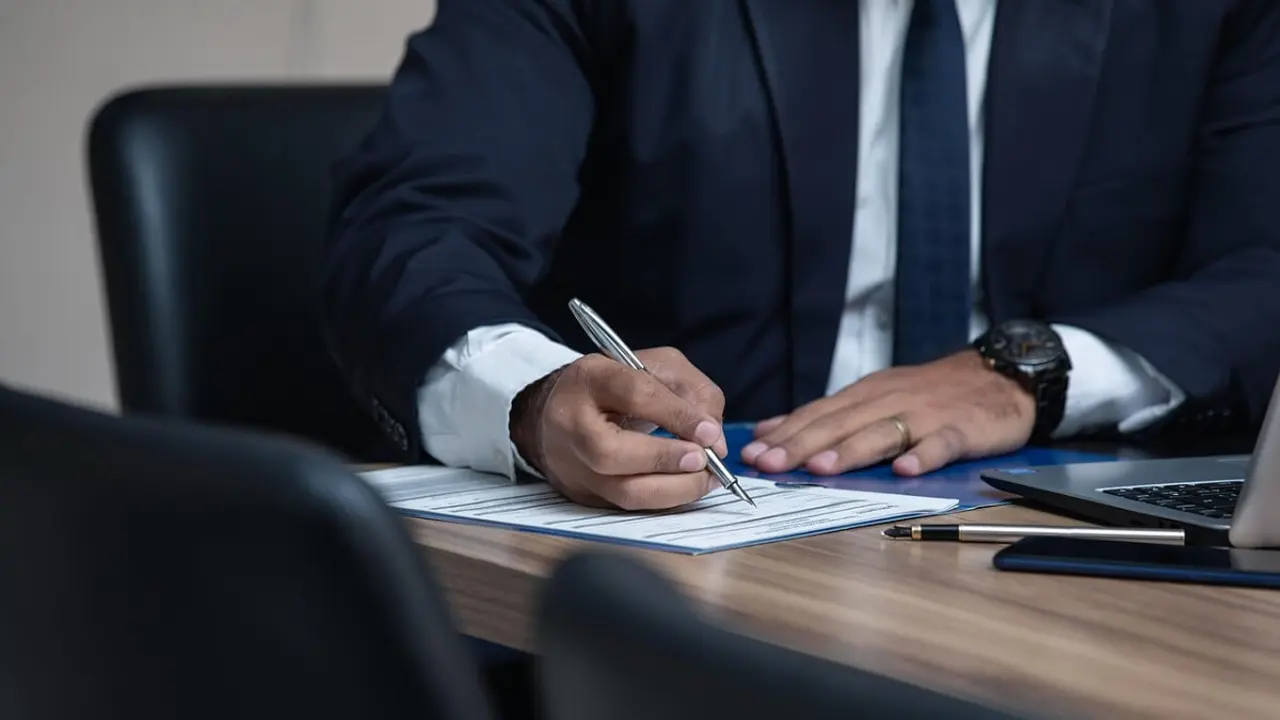Daniel López Acuña: "If there is no basic health security, there is no economy"

Daniel López Acuña, Former Director for Recovery and Transition, Cluster of Health Action in Crisis, World Health Organization (WHO), was interviewed on the tenth program of Atalayar in Capital Radio, broadcasted this Monday from 22:05 to 23:00. The epidemiologist, independent health advisor and associate professor of the Andalusian School of Public Health, addressed the current scenario of the coronavirus crisis and tried to answer the questions that are currently being raised: Will there be a second wave? And if so, what will it be like? How should it be managed? What will happen with the vaccines? He also analysed the outbreaks that are taking place in different parts of the world, all of them issues that are setting the international agenda at the moment.
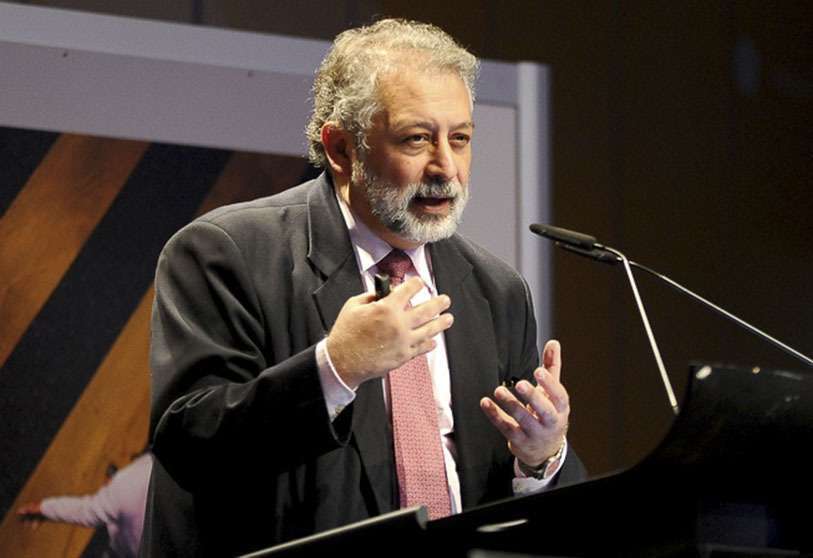
The WHO has warned that "the worst is yet to come". Is this a reality check?
Absolutely. This is reality, and more than to scare us or keep us in tension, it is to make us alert and make us take the necessary precautions and assume responsibility as individuals and as a society.
It has always been said that in autumn there can be a major outbreak due to the return of the cold, the coincidence with the flu... Is the perception of a second wave after the summer real?
It is a highly possible scenario, insofar as the virus behaves as other similar viruses do, which have a seasonal variation in which there is an increase in pathogenicity and virulence in the autumn and winter cycles. But the virus we are now seeing is unprecedented, behaving in an unusual way and having infectious expressions that characterize the pandemic in places with warm climates and high temperatures... So we do not have a crystal ball to tell us we are going to have a second wave in autumn/winter, but it is highly probable and that is why we have to be prepared.

A letter sent by 200 experts to the WHO challenging the idea that the airborne coronavirus is no longer contagious within minutes has made headlines. These scientists claim that it can remain in the air for even hours. Which of the two theses do you agree with?
This letter should be taken very seriously. I think that more than contradicting the WHO, what they are proposing is that there are elements to think that there may be a form of transmission that is not only that of saliva droplets, sneezing or coughing, but that there may also be a permanence of the virus in the air, especially in closed and poorly ventilated spaces. The implication of this is very simple: you have to wear your mask to protect yourself in public transport, in public spaces and in poorly ventilated enclosed spaces. In this way, I believe, we will be in safe territory.
In addition, the WHO obviously needs to encourage further research into this and the evidence needs to be reviewed. We have been learning week after week about this virus and we have been changing the perspectives of how it is transmitted, what kind of immunity it generates, how it reacts to treatments... This is the attitude we should have, very open to understand that we are barely deciphering what the virus really means.
Was the risk posed by the pandemic in any way underestimated, especially in its initial phase?
In general terms, I believe that there has been, and unfortunately still is in some governments, an underestimation of the potential infectiousness of this disease and the speed at which the epidemic could spread, mainly due to the immense movement of people, with air travel and other means. The underestimation occurred not only until the WHO decreed the public health emergency of international importance due to the then epidemic of the coronavirus, which was on January 30, not even when the pandemic was decreed on March 11, but also afterwards. Part of the problem has been that many authorities, many governments and many citizens have gone "on their own" without necessarily following the recommendations of the alerts established not only by the WHO but also by the Center for Infectious Disease Control in Europe and the scientific community. From all this we have learned that the coronavirus should have been taken much more seriously, and it has acquired a magnitude that was difficult to estimate.

Is it a false debate to prioritise health or the economy?
Yes, it is a false dilemma, it is not about deciding whether or health or economics. We have to preserve health, prevent deaths, prevent this from becoming more widespread, avoid the collapse of the health infrastructure, and at the same time understand that the socio-economic impact has to be mitigated and that we have to try to re-establish the economy and its natural flows, but always with basic health security. If there is no basic health security, there is no economy, and there will be no production or consumption, because there will be more deaths. But it is not a question of saying that it is one or the other.
Do you miss the lack of global cooperation in finding a vaccine?
Absolutely. I miss more collaboration, more international cooperation, because I believe that global health security is an issue that we all need to preserve as a global public good. And I think that achieving the development of a vaccine that protects the majority of the population doesn't have to be a wild ride or a wild market or a jungle where the biggest eat the smallest, but it has to be a collaborative effort.

Is there a need for a change of concept, in which the health budget is not seen as an expense but as an investment?
Absolutely. Health is not an expense; it is an investment. It is not luxury, but a necessity. If we want to have productive economies and cohesive societies, we have to care, engage and invest in health.
We learned last week that the United States has bought almost all the stocks of Remdesivir, the only drug approved by Europe to treat the coronavirus. Is this acceptable from an international community point of view?
First of all, the approval of Remdesivir by the European Medicines Agency is important in order to have an additional therapeutic tool, but it does not cure COVID-19, but helps to reduce the most harmful effects and alleviate the most severe conditions. Secondly, regarding US action, this is an issue that should concern us all. When the US said a couple of months ago that it wanted to buy the production of a vaccine exclusively from a German laboratory, the managers of that company said that capitalism had its limits, and they were supported by the German government itself. They announced that they were not going to proceed in this way because this resource had to be available to all people.
The attitude of the United States is very selfish, in line with its withdrawal from the WHO, unjustified in my view, at the request of Donald Trump, though I believe it will be immediately reversed when there is a change in the presidency.

What responsibility could China bear, in the context of a growing debate on the origin of the coronavirus?
Two things need to be looked at separately: on the one hand, speculation about conspiracy theories regarding the origin of the coronavirus in a Chinese laboratory. At present, there is no evidence for this, and all indications are that this was the result of a jump from one animal species to a human species, as occurred with two previous coronaviruses, SARS and MERS, in the past decade. On the other hand, it is clear that the pandemic originated in China, but it could have happened anywhere else in the world, and that does not mean that there is a responsibility of the place where it originates. Furthermore, I believe that China took draconian and rapid measures in the case of the first outbreak in Wuhan.
What we forget is that this time we have been victims of the pronounced globalization in the movement of people, in air traffic... The ease and speed of movement have sown the COVID-19 all over the world.
Another phenomenon we have to observe in the case of China is that all countries have put too many "eggs in the basket" of having all the supply of basic inputs from a tertiary and cheap market like China's. This also shows that we must think about the need to have strategic reserves in the different regional blocks, and not focus all production exclusively on one market, as it is the Chinese market.


